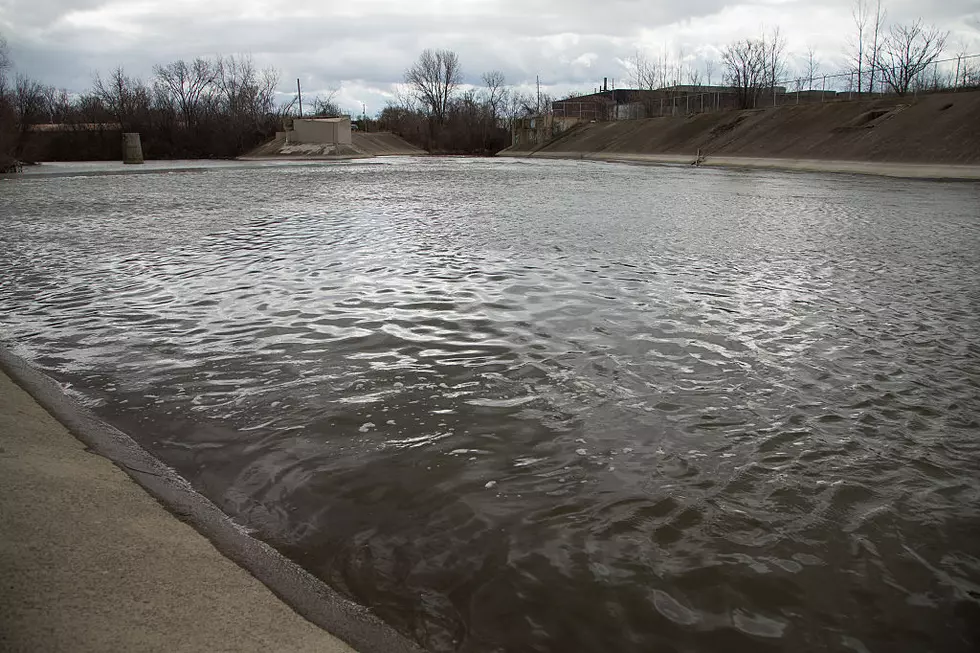
Genesee County has First Confirmed Case of Legionnaires’ Disease This Year
Yesterday, an older adult resident in Genesee County was confirmed as the county's first Legionnaires’ disease case this year by the Genesee County Health Department and the Michigan Department of Health and Human Services (MDHHS).
MDHHS reports the individual is currently hospitalized. At this time, there is no indication that the individual was exposed within the city of Flint.
Investigations are ongoing to identify where the resident may have been exposed, as well as to ensure follow up on any additional cases.
Each year, Legionnaires’ disease has been identified in Genesee County and other Michigan counties, as well as across the United States. To date, there have been 65 confirmed cases of Legionnaires’ disease in Michigan in 2016.
In most years, Genesee County has had nine to 11 cases. Additional surveillance and preventive measures are being taken as a result of the increase of cases from 2014-2015 when there were 91 cases.
Legionnaires’ disease is a kind of pneumonia, or an infection of the lungs. Like other types of pneumonia it can lead to complications if not treated quickly. People can get Legionnaires’ disease by breathing in small droplets of water that contain Legionella bacteria.
In general, Legionella does not spread from one person to another. People also don’t get Legionnaires’ disease from drinking water, but may be exposed if water goes down the airway.
Although people can get Legionnaires’ disease at any time of year, it’s more common in summer and fall when temperatures are warmer. Legionella bacteria occur naturally in freshwater, like lakes and streams.
Large water systems, like those found in hospitals, hotels, and other large buildings, can sometimes grow Legionella bacteria, if they are not properly maintained. The most common sources of exposure from these types of buildings are air conditioning systems with cooling towers, hot tubs and spas, or decorative fountains.
Studies have shown that Legionella bacteria can be found in anywhere from 6 to 33 percent of sampled homes, however, even if it is found, the risk of the average person getting Legionnaires’ disease from their home water system is very low.
More From 100.5 FM The River









